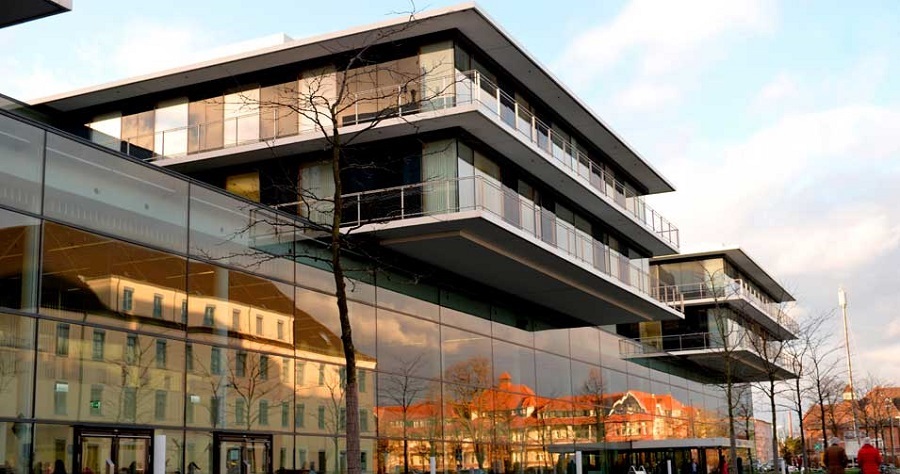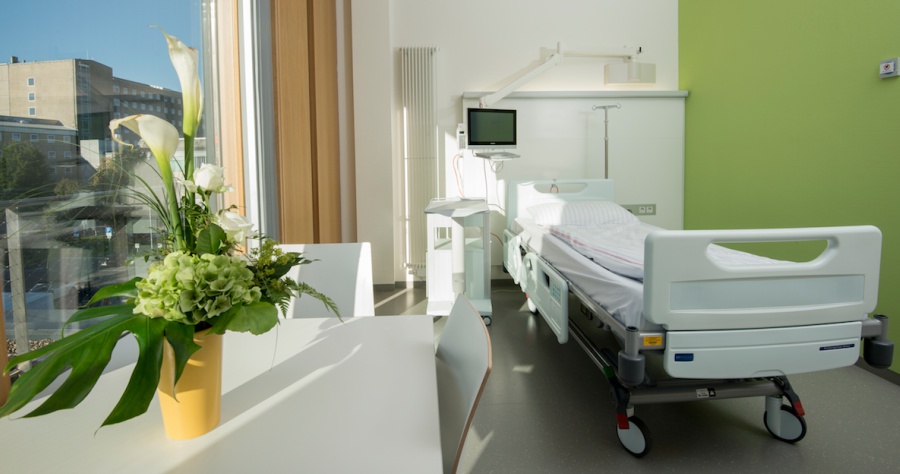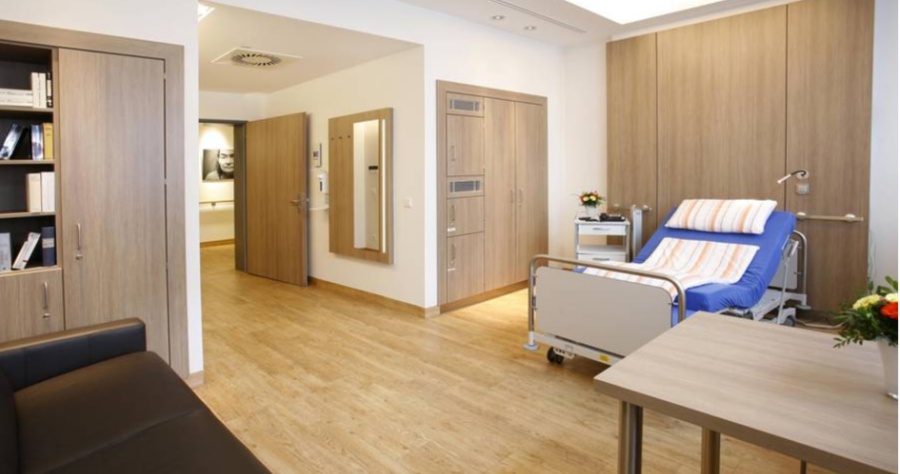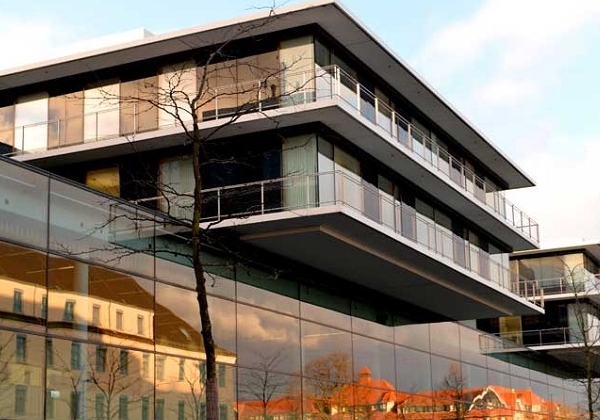University Hospital Düsseldorf
![]() Dusseldorf, Germany
Dusseldorf, Germany
Treatment of Benign prostatic hyperplasia (bph) by Transurethral resection of the prostate (TURP)
- Initial consultation with the doctor
- clinical examination
- review of medical records
- laboratory tests:
- complete blood count
- general urine analysis
- urine culture
- biochemical analysis of blood
- blood coagulation analysis (aPTT, PT, INR)
- inflammatory markers (CRP, ESR)
- kidney function test (Creatinine, Urea, Na+, K+)
- tumor markers
- PSA
- pelvic ultrasonography
- MRI scan of the pelvis (on indication)
- preoperative care
- transurethral resection of the prostate (TURP)
- histological analysis of the resected tissue
- nursing services
- symptomatic treatment
- the cost of essential medicines and materials
- control examinations
- full hospital accommodation
- consultation of related specialists
- treatment by leading expert
- written prescription
Department of Urology
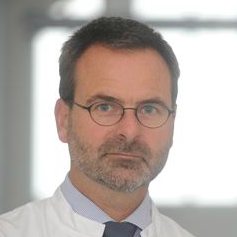
Head of the Department
Prof. Dr. Peter Albers
The Department of Urology at the University Hospital Düsseldorf is directed by Univ.-Prof. Dr. Peter Albers. Since June 2012, the department has been a certified prostate cancer center by the German Cancer Society. The department specializes in the treatment of various urological...
Read MoreAbout University Hospital Düsseldorf
The University Hospital Dusseldorf (UKD) was established in 1907 and since then it stands for international excellence in health care, research, and teaching. Specialist doctors and dedicated teams guarantee modern medicine of the highest standard. Modern, safe and innovative methods in diagnosis and therapy help in the fight against many diseases and their unpleasant consequences. The special strength of the UKD lies in the interdisciplinary treatment of patients and in the close integration of clinical operations and research. As a hospital of the highest level of medical care, the UKD also treats patients with particularly difficult and complicated illnesses.
More than 50,000 patients are receiving inpatient care at the University Hospital Düsseldorf every year. In addition, around 300,000 patients are treated on an outpatient basis each year. The UKD is the largest hospital in the state capital and one of the most important medical centers in NRW.

